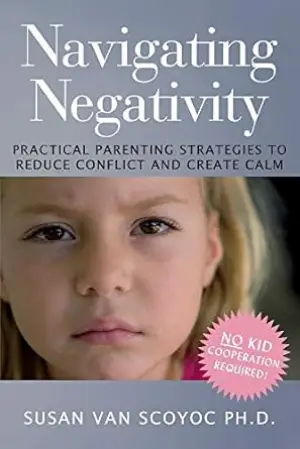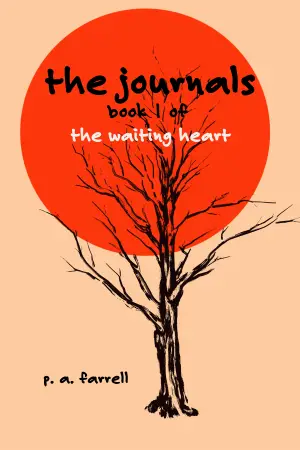Book Review: Resilience by [Authors’ Names]
Sometimes, a book finds you just when you need it. That was my experience with Resilience. In the midst of a challenging year filled with personal trials and societal upheaval, I stumbled upon this book at a local bookstore, and I felt as if it had been calling out to me. The blend of scientific research and personal stories from trauma survivors created an alluring promise of hope amidst darkness.
Resilience is not just another self-help manual; it delves deeply into the human experience, exploring how we respond to life’s adversities. The authors, experts in trauma and resilience, tackle profound questions: How do we navigate the weight of grief and the devastation of loss? What does it truly mean to be resilient? Each chapter unfurls layers of understanding, revealing ten essential factors that can fortify our resilience—factors like confronting fears and embracing optimism that might otherwise seem abstract or daunting.
What struck me personally was the authors’ ability to intertwine cutting-edge research with heartwarming, relatable narratives of individuals who have faced unimaginable hardships, including stories from the COVID-19 pandemic. These stories do more than just inform; they connect us as humans who all face struggles, showing that we are not alone in our battles. One powerful testament within the pages came from a survivor of natural disaster: “Resilience isn’t born; it’s cultivated, nurtured through relationships and shared experiences.” This quote resonated deeply, reminding me of the invaluable support of friends and family during my own tough times.
The writing style is accessible yet insightful, making complex psychological concepts digestible. The pacing of the book flows seamlessly, transitioning from research findings to personal reflections, creating a rhythm that keeps you engaged. Each section feels like a conversation with wise, understanding friends; you feel encouraged rather than overwhelmed.
While I appreciate the practical tools and strategies offered, what I found most compelling was the authors’ emphasis on vulnerability as a source of strength. It’s a reminder that resilience doesn’t mean going through hardships unscathed; rather, it’s about acknowledging our pain and using it as a catalyst for growth and recovery.
As I closed the final pages of Resilience, I felt an invigorating sense of empowerment. This book would be a fantastic read for anyone grappling with personal challenges, survivors of trauma, or even those simply seeking to understand the intricate science behind resilience. It is also an important resource for mental health professionals looking for evidence-based methods to support others.
In a world often starved for hope and connection, Resilience provides a nurturing space to explore our shared humanity. I walked away not only with resilience strategies but with a deeper understanding of how to embrace life’s inevitable adversities with courage and grace. So, if you find yourself facing life’s storms, I wholeheartedly encourage you to pick up this book; it may just remind you that you, too, have the strength to weather them.






